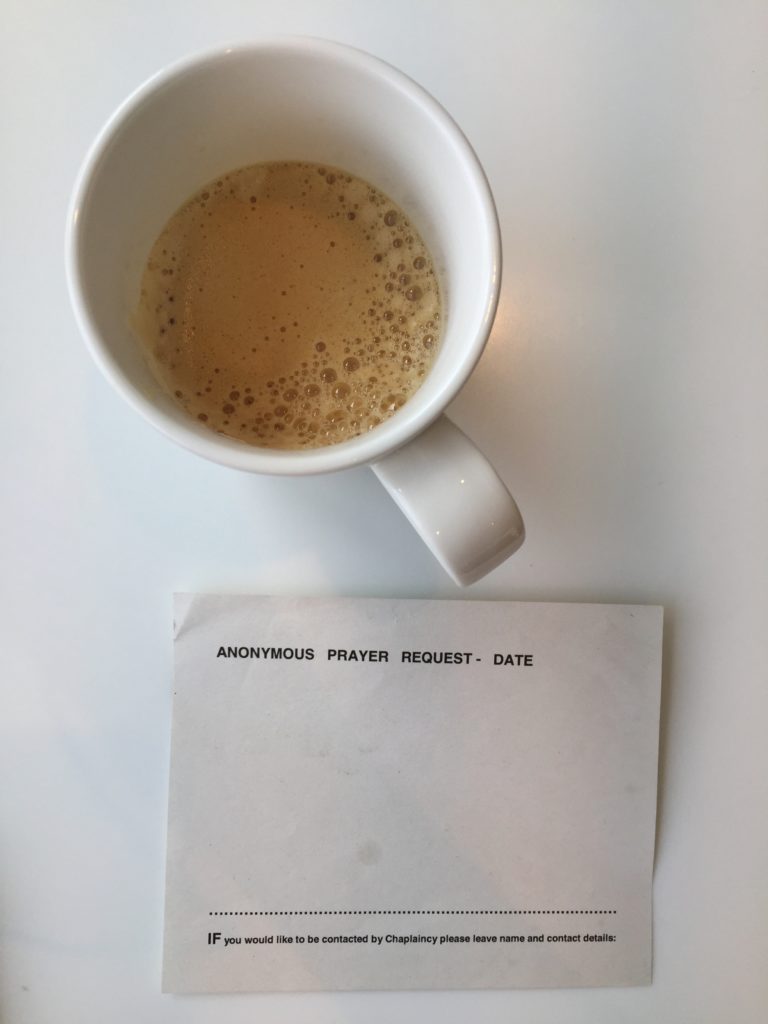
Last Wednesday I met a friend for coffee. She is a former officer who left the Navy about 15 years ago, and as such she’s both a great person to both chat about work, and also chat about what goes on beyond the perimeter of a military base. The aim was to simply catch up, but in doing so I had the chance to express how a particularly trying week had been going for me. Like the weeks before, my mind had been dividing its time between some far-off undefined planet whilst also tending to my body as it kept its schedule of terrestrial responsibility.
“You know how just before a deployment,” I asked her, “you start to turn inwards and lots of mental energy towards preparing? That’s kind of how I feel all the time right now.”
She immediately shook her head but then added to my observation. “Yes, but for you now it’s even harder,” she explained, “When you go on deployment, you have a pretty good idea of where you’re going. This no longer the case.”
I hadn’t thought about it that way, but she was absolutely right.

Whenever I am met with an increase in stress, this instantly triggers my military-grade powers of compartmentalization. For the sake of achieving an objective, we are trained to parse and push to the forefront the emotions and activities that serve us best in the moment. Being handed a publication that requires short-fused revision, that serves a ready purpose so I will invest my attention there. Resolving a Rubik’s Cube of emotion about my not-so-distant future? That doesn’t. I’ll toss it on a coffee table and try never to pick the thing back up. It doesn’t actually work out that way though; emotions and unresolved puzzles have a way to hanging around until they’re addressed.
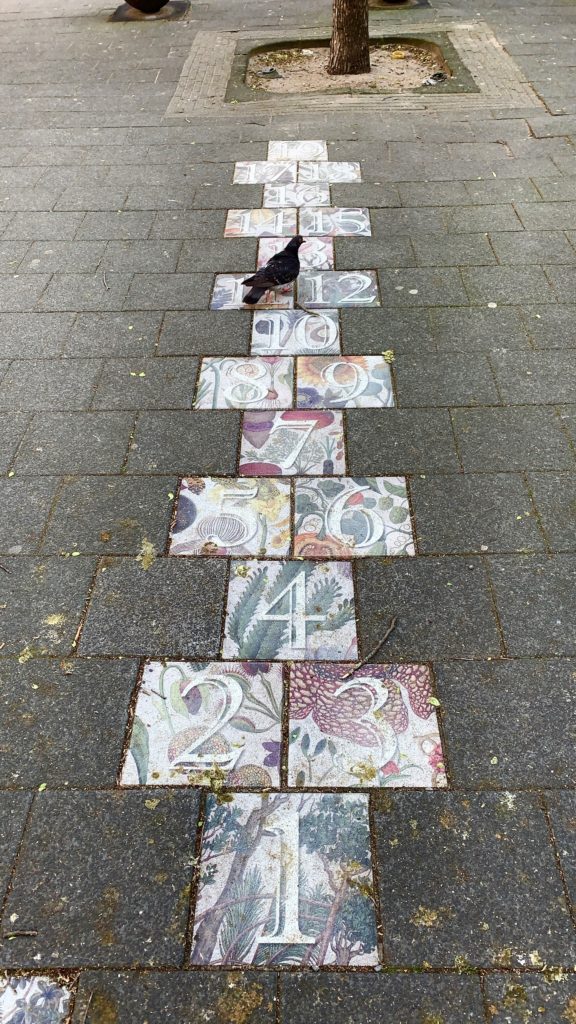
And while this mind state might consume my remaining weeks of 2019, I don’t find utility in dwelling upon the condition because it won’t serve any measurable purpose. Complaining about low-grade hardship is not something I was raised to do. Not when there are people who are sick and no longer enjoy the option of walking, talking or delivering an affectionate tap on my head to remind me that I’m gonna be okay. I don’t feel as though it’s fair to even write about my own distraction. We all deal with challenges, compartmentalizing and also facing moments of courage that are imposed upon us whether we want to experience them or not. I’m just another cog in the larger system.
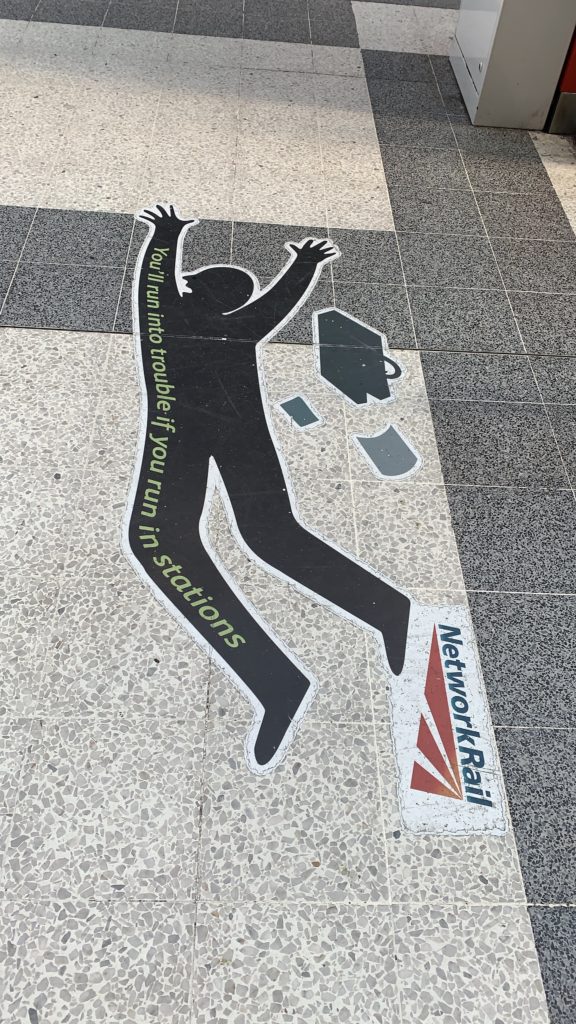
But at the same time, it always astounds me about how much better I feel once I unflatten my crumpled-up demeanor and interact with the people around me. That day after having coffee, I found myself back in the office. I was battling a cold that kept me from running (my preferred stress outlet) and then I tried to work on a mentally-taxing project within the atmosphere of a noisy office. I had peripheral irrators at play too: deployed love ones, insufficient sleep, the ever-present press of my high-waisted khaki trousers against my gut. All kinds of routine data points that I’d been shelving away.
Wednesday became a long Thursday, and at the day’s end I passed a colleague whom I seldom see in front of the office mail boxes.
“How’s it going, Megan?” he asked.
Rather than giving the stock “Yeah, good” response, my fatigue had the best of me and I allowed a glint of honesty. “I’ve been better,” I told him.
“Really?” he stopped looking at his mail, “How come?”
In the space of two seconds, my mind flicked through the list of things that were irking me. And in doing so, I continued looking at his now concerned face. In that moment, I knew that if I tried to say anything further, I would only start to cry. I’m a typical girl, so my self-imposed stoicism easily waffles if I’m suddenly met with the undivided attention of a person whom I feel I can confide in.
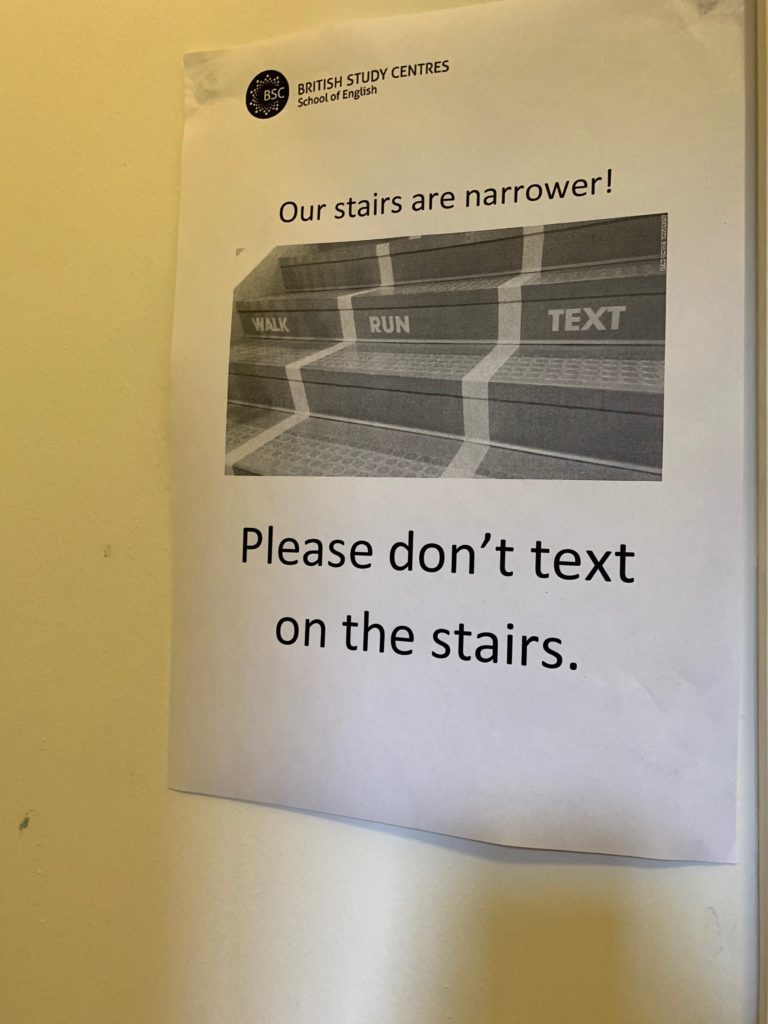
But instead of saying anything, I just sighed, mumbled a non-answer, and then carried on past him. I suddenly craved the chaotic environment of my desk where I could focus on more tangible obstacles. Of course I felt bad for blowing him off, but I simply couldn’t use that hallway moment to unscrew what was by then an overcrowded jar of fireflies circling my brain. I’m not one to set everything free, flying around for every casual bystander to gawk at.
That work day ended, and later in the evening I dragged myself to an off-site work social. By that stage I felt more composed, and once there sI found my colleague from the earlier mailbox exchange. Chatting with him and another coworker, I both apologized and provided an executive summary of what my week had felt like. They are both kind people who understand very well the nature of how we servicemembers operate our brains. By the end of the exchange I still felt tired, but I also felt a bit better.
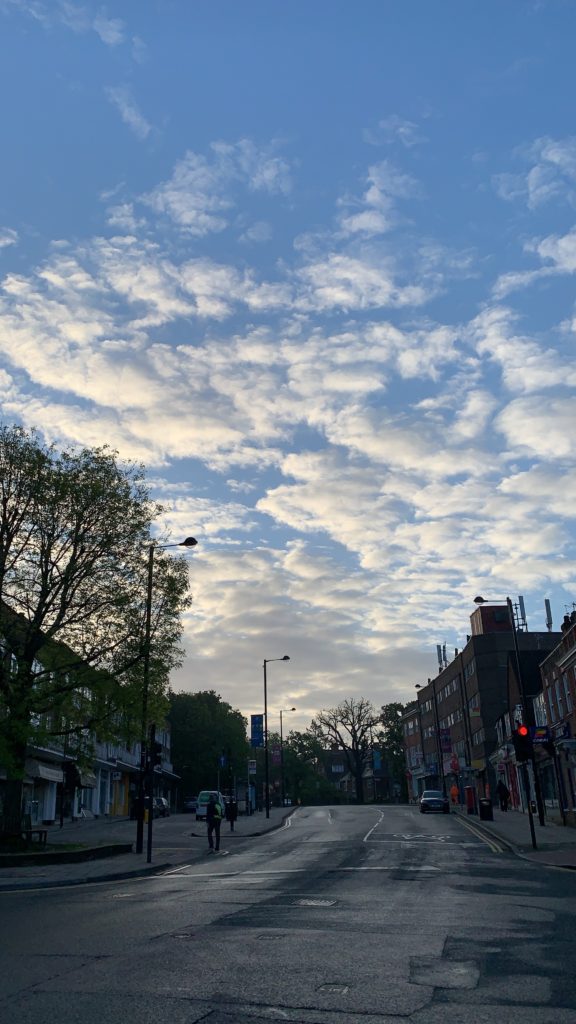
On the following morning, I found myself holed up in a spare office where I could complete my short-fused task. The space offered peace and quiet that I desperately needed, but it was also really cold inside. I opened the door to the hallway in order to circulate some air flow. Folks passed by, many poking their head in to offer surprised commentary at my being there. I kept my head down and tried to concentrate.
It wasn’t long before my colleague from the mailbox made an appearance. He had been the one to tell me about this free office space.
“Hey,” he said, getting my attention. “You’re gonna need this closed.” He looked at the door, and then looked back out into the hallway. I knew he was right.
“Yes, I know,” I said, “but it’s freezing in here.” My week-long cold was not helping things, but I wasn’t about to whine about this to him. Still, I thanked him again for the intel on the office, and allowed him to shut the door in the name of productivity. I had one hour in which to complete my assignment.
A few minutes later he was back—this time holding in his hand an instantly recognizable article of clothing. It was the black fleece jacket—our Navy’s version of a Snuggie. It’s shapeless, pills shortly after the first wear—but is ultimately quite warm and cozy.
“Hey,” he said to me again. “I’m not going to use this,” he held it out to me, “Will this help?”
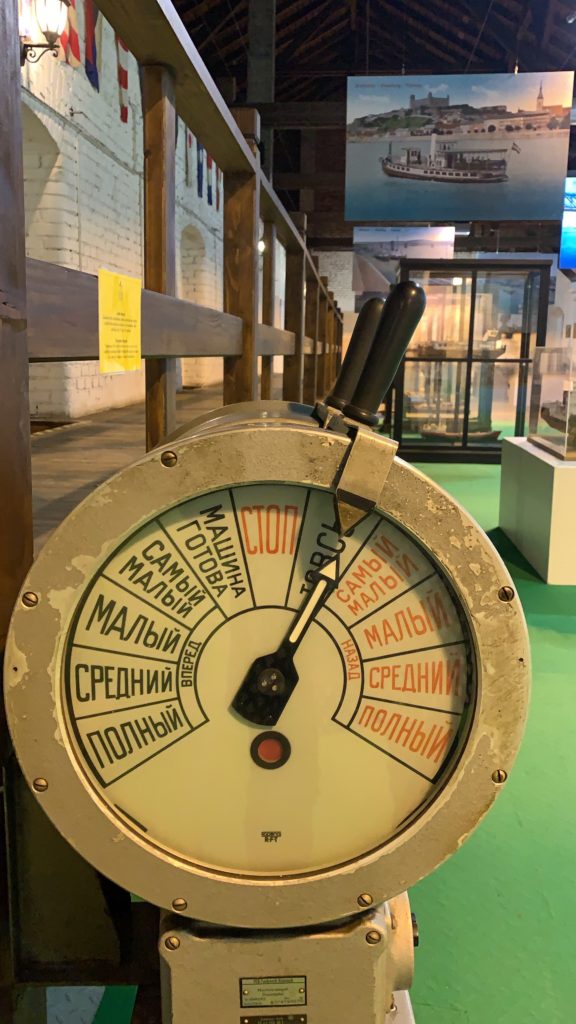
This offer of a jacket was a small thing—but still, it was something that, like everything else in the preceding week, created an impression into my brain. While I declined his offer of the jacket, I found the small offer to be something more significant. Everything that we humans endure over the course of a day (or week) creates a layering effect that ultimately sends into one direction of another. It’s not so much the emotional Rubik’s Cube, but rather it paves a path upon which we ultimately travel. Each data point might not be individually perceptible, they are ultimately the reason why we suddenly look up from what we are doing and wonder why we feel so sour—or hopefully incredibly good.
Friday had several other experiences in which I interacted with folks around my building. They are not necessary to divulge in this story, because ultimately the fact of the fleece jacket serves as the model example. It was unexpected, thoughtful, and demonstrated and understanding that ultimately makes you feel counted and valued. I left work that day feeling far better than when I did when my week began.
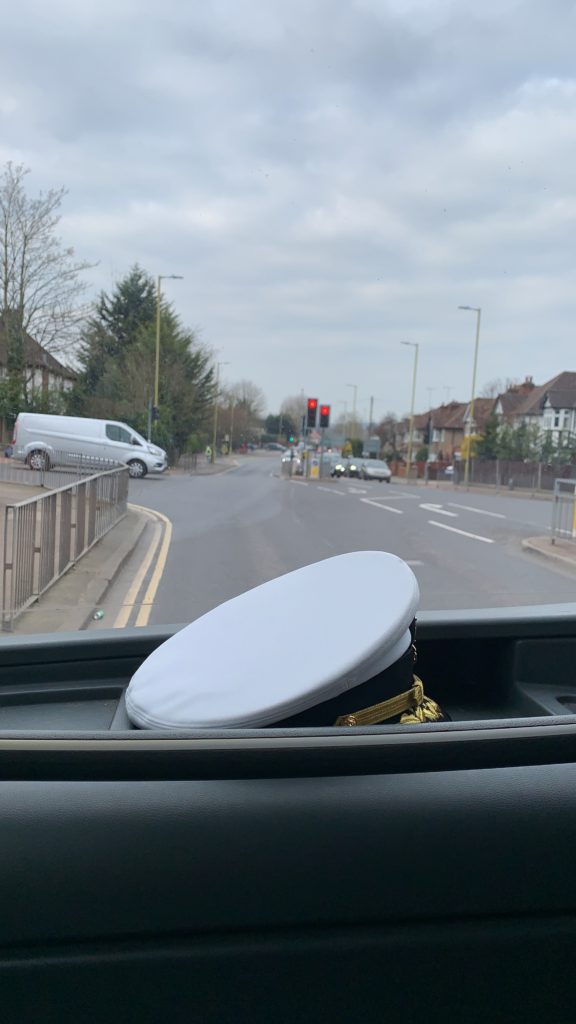
So as I expressed during my coffee date, I know that the rest of year will continue to scatter by. The weeks—for all of us—are guaranteed to contain bewildering moments that demand we all take our best stabs at serving as high-functioning adults. My hope is that in going forward, I keep this particular week in sharp, black and white focus. To remain mindful that I am surrounded by people who are going through very much the same things—be they serving in the military or otherwise. Most of us out there are good people, standing ready to offer protection from the cold, or to offer a gesture of kindness that breaks me from my inward trance. Of course compartmentalization still has its place in being a productive member of society, but there are also many moments when these same walls should be broken down.